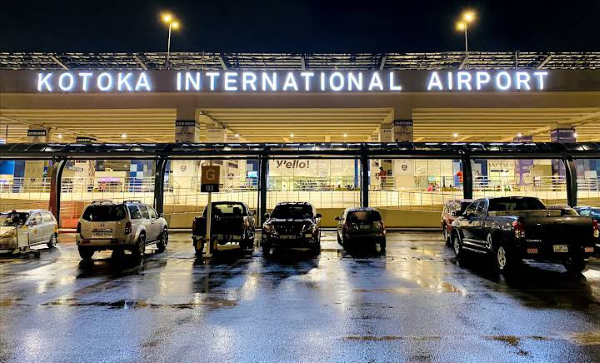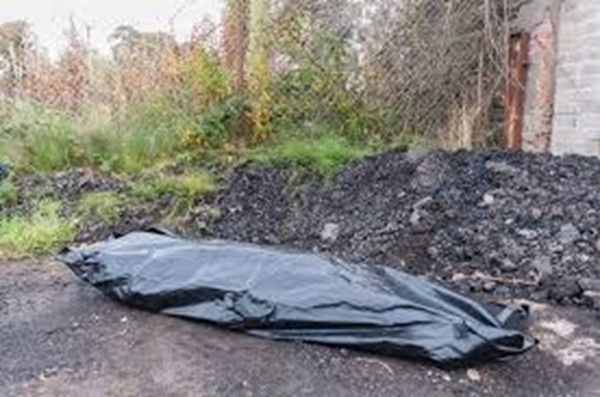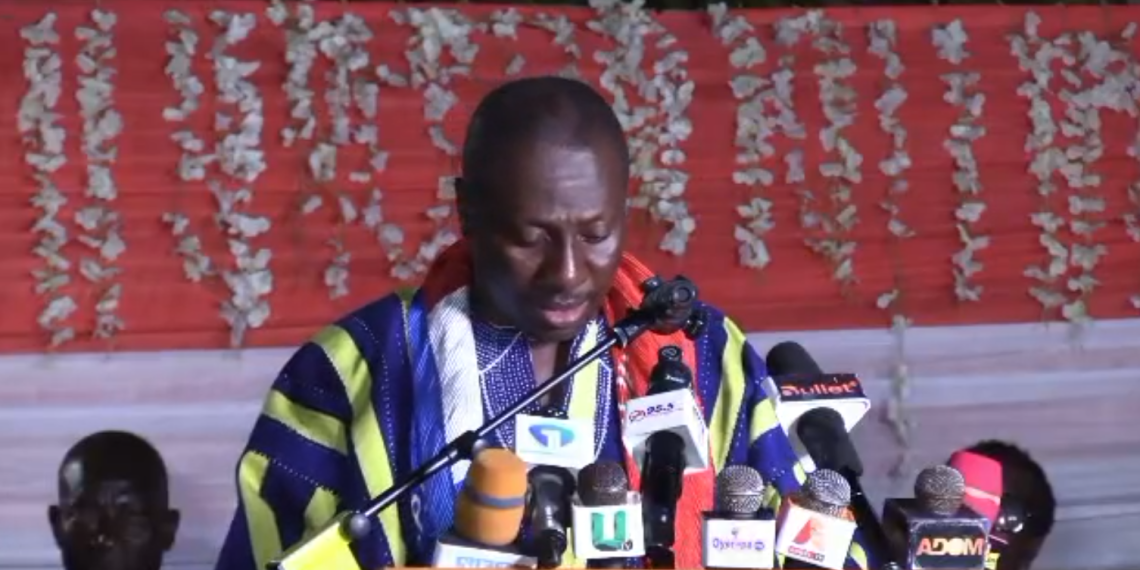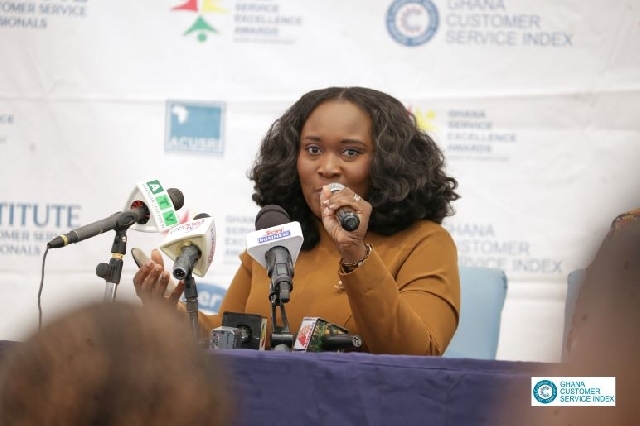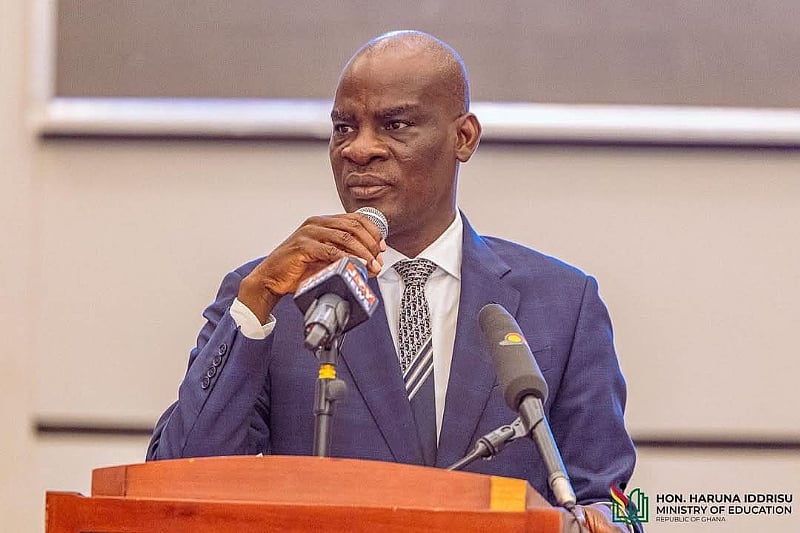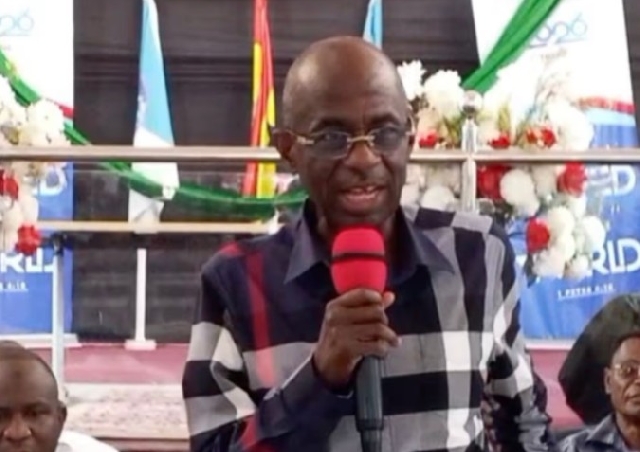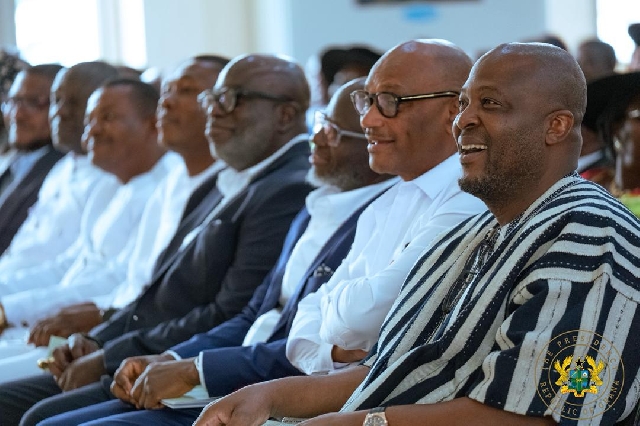Pharmaceutical company AstraZeneca was in court Wednesday, facing the European Commission, which says the company did not honour its contracts to deliver Covid-19 vaccination doses, and slowed European inoculation campaigns The Commission, which is responsible for procuring vaccinations for the entire EU, is suing AstraZeneca to force it to deliver 90 million more doses of its Covid-19 vaccine before July, and face financial penalties for not delivering on a mid-June deadline. In the first quarter of 2021, AstraZeneca delivered only 30 million doses, out of the 120 million it agreed to supply to the EU. For the current quarter, which runs until June 30, the company plans to deliver only 70 million of the 180 million in the contract. EU lawyer Rafael Jafferali told the court Wednesday that the company expects to deliver the full 300 million doses by the end of December – a delay which is “obviously a failure.” The Commission argues the company should have used all of its production sites to supply the EU, but instead it favoured the United Kingdom, by not exporting doses produced at its two UK-based plants. AstraZeneca says it has fully complied with its contract with the EU, and has argued it made its best effort to deliver vaccines on time, despite difficulties in manufacturing. It said it had warned the EU had about delays as early as February. Lawyers for the company will address the court later Wednesday. Shifting away from AstraZeneca The Commission had intended to use the AstraZeneca vaccine as a pillar of its vaccination campaign. Now it has shifted its focus to the BioNTech/Pfizer vaccine. Now that there are more than 2.5 billion vaccine doses from various manufacturers in Europe, the Commission might find it difficult to prove the urgency of its case against AstraZeneca. Lawyers for both sides will argue their cases Wednesday in a court in Brussels, as the contract was signed in Belgium. Another hearing is scheduled for Friday, with a judgment to be delivered at a future date that has not been announced. In addition to the emergency action, the Commission has started the process to claim for damages, though a hearing has not yet been set by the court. RFI Please contact Apexnewsgh.com on email apexnewsgh@gmail.com for your credible news publications. Contact: 05555568093
Why nurses who administered vaccine to Nana Addo, others didn’t wear gloves
Ghana President Nana Addo Dankwa Akufo-Addo on Monday, March 1, 2021, became the first person in the country to take the much-awaited coronavirus vaccine that arrived sometime last week. The President’s jab which was telecast on national television was to among other things done to allay fears of a section of the public regarding the effects of the vaccine. It was also to demonstrate the confidence the president had in the efficacy of the AstraZeneca vaccine in the fight against the coronavirus pandemic. While Nana Addo and the First Lady Rebecca Akufo-Addo have been commended for openly taking his vaccine jab, concerns have been raised as to why the nurses who administered the jab on the president and his wife were not wearing surgical gloves, with some arguing that it is dangerous. But it has emerged per GhanaWeb checks that the decision by the nurses not to wear gloves while giving the jabs is standard practice. According to the Washington state department of health, gloves are not recommended to be worn when administering the Covid-19 vaccination, unless the person administering the vaccination has open sores on their hands or is likely to come into contact with a patient’s body fluids. “Gloves are not recommended for most vaccination administration and are not required for the Covid-19 vaccine unless the person administering the vaccine is likely to come into contact with potentially infectious body fluids or has open lesions on their hands,” it said. “If used improperly, gloves can increase the likelihood of spreading germs.” The General Best Practice Guidelines for Immunization set out by The Centers for Disease Control and Prevention says the same thing: “Occupational Safety and Health Administration (OSHA) regulations do not require gloves to be worn when administering vaccinations unless persons administering vaccinations have open lesions on their hands or are likely to come into contact with a patients body fluids”. Ghana acquired 600,000 doses of the AstraZeneca vaccine from India on Wednesday, February 24, becoming the first African country to do so. The roll-out of the vaccination will be conducted in forty-three (43) districts, which are the epicentres of the pandemic in the country. They are twenty-five (25) in Greater Accra, sixteen (16) in Ashanti, and two (2) in the Central Region. Designated persons to take the vaccine will begin the exercise on Tuesday, March 2. The roll-out of the vaccine is expected to break the transmission of the virus which has seen a surge in Ghana over the last couple of weeks. Please contact Apexnewsgh.com on email apexnewsgh@gmail.com for your credible news publications. Contact: 0555568093
I want to reiterate my determination that we should manufacture vaccines here in Ghana–Prez Akufo-Addo
President Nana Addo Dankwa Akufo-Addo has reiterated his determination for a vaccine to be manufacture in Ghana In his 24th COVID-19 address on Sunday, 28 February 2021, the President said: “I want to reiterate my determination that we should manufacture vaccines here in Ghana”. “To this end, a Committee has been established under the Chairmanship of the former Minister for Environment, Science, Technology and Innovation, the world-renowned scientist, Professor Kwabena Frimpong-Boateng, which is formulating a concrete plan of action towards vaccine development and manufacturing”. President further pointed, that the Food and Drugs Authority (FDA) is also in the process of certifying more vaccines for use. Read the President’s full statement below: Address To The Nation By The President Of The Republic, Nana Addo Dankwa Akufo-Addo, On Updates To Ghana’s Enhanced Response To The Coronavirus Pandemic, On Sunday, 28th February 2021. Fellow Ghanaians, Good evening, and thank you for welcoming me into your homes once again. You are doing so on one of the sacred days of our nation, 28th February, when the 1948 Christiansborg Crossroads shooting occurred seventy-three (73) years ago, which led to the martyrdoms of Sergeant Adjetey, Corporal Attipoe, and Private Odartey Lamptey, martyrdoms that ignited the nationalist movement, and led us to the freedom we enjoy today. Let us observe a moment’s silence in honour of their memory, and the memory of all the faithful departed patriots who helped create our nation. May their souls rest in perfect peace. Fellow Ghanaians, since I last spoke to you, a month ago, a significant development in our fight against COVID-19 has taken place in our country. In the course of this week, Wednesday, 24th February, to be precise, we took another concrete step in our quest to rid our nation of COVID-19, with the arrival in the country of six hundred thousand (600,000) doses of the AstraZeneca vaccine, the first consignment of many more to come. I indicated in Update No. 23 that the earliest vaccine would be in the country by March. However, by dint of hard work and sheer determination, the government was able to secure the first batch of vaccine doses in February, a month ahead of schedule. We are the first country in the world to be recipients of vaccines from the COVAX Facility, and I want to express my appreciation to members of the COVID-19 Taskforce, which I chair, and to officials of the Ministry of Health and the Ghana Health Service for this commendable feat. The vaccine deployment plan we submitted to WHO, which unlocked this consignment, was well-received. They have done a yeoman’s job, and our nation is indebted to them. We are grateful, also, naturally, to the contributors and managers of the COVAX Facility. The AstraZeneca vaccine is one of two (2) vaccines that have, so far, been approved and declared as safe-for-use by the Food and Drugs Authority (FDA). With the process of certification currently ongoing for the other vaccines, the range of vaccines available to us will increase. This will facilitate our ability to reach our target of vaccinating twenty million Ghanaians by the end of this year. Through the National Vaccine Deployment Plan, our population has been segmented into four groups, and this will determine which section of the population gets vaccinated at a particular time. Group 1 is categorised as “persons most at risk and frontline State officials”. It includes healthcare workers, frontline security personnel, persons with underlying medical conditions, persons sixty (60) years and above, and frontline members of the Executive, Legislature and Judiciary. Group 2 is made up of other essential service providers and the rest of the security agencies. It includes water and electricity supply services, teachers and students, supply and distribution of fuels, farmers and food value chain, telecommunications services, air traffic and civil aviation control services, meteorological services, air transport services, waste management services, media, public and private commercial transport services, the Police Service, Armed Forces, Prisons Service, Immigration Service, National Fire Service, CEPS Division of the Ghana Revenue Authority, and other members of the Executive, Judiciary, and Legislature. Group 3 consists of the rest of the general public that is all persons over eighteen (18) years, except for pregnant women. The final group, that is Group 4, will include pregnant mothers and persons under the age of eighteen (18), and they will be vaccinated when an appropriate vaccine, hopefully, is found, or when enough safety data on the present vaccines is available. Special arrangements will be made for persons with disabilities who fall within these groups. So, from Tuesday, 2nd March, to Monday, 15th March 2021, the Ghana Health Service will begin deployment of the six hundred thousand (600,000) AstraZeneca vaccines, with persons in Groups 1 and 2 being the target of this first vaccination campaign. It will be conducted in forty-three (43) districts, which are the epicentres of the pandemic in the country. They are twenty-five (25) in Greater Accra, sixteen (16) in Ashanti, and two (2) in the Central Region. The Ghana Health Service, as from tomorrow, will give precise details. Whilst we are, initially, concentrating on the forty-three (43) epicentre-districts, preparations are being made for the vaccination of twenty million Ghanaians through the deployment of some twelve thousand and seventy-one (12,471) vaccinators, thirty-seven thousand, four hundred and thirteen (37,413) volunteers, and two thousand, and seventy-nine (2,079) supervisors for the entire vaccination campaign. Fellow Ghanaians, I know there are still some who continue to express doubts about the vaccine, others have expressed reservations about its efficacy, with some taking sides with conspiracy theorists who believe the vaccine has been created to wipe out the African race. This is far from the truth. Our domestic regulatory agency, FDA, one of the most reputable in Africa and in the world, has certified the safe use of the vaccine. It will not do so if it had any reservations about the safety of the vaccine, and I have gone on record as saying that no vaccine will be deployed in the

